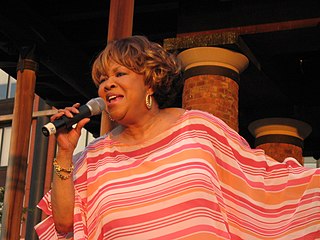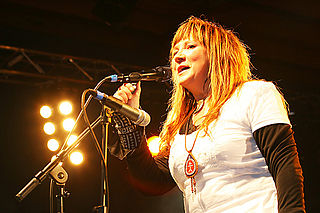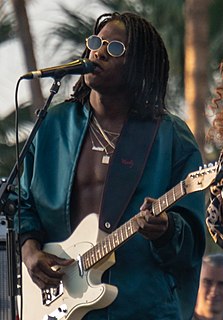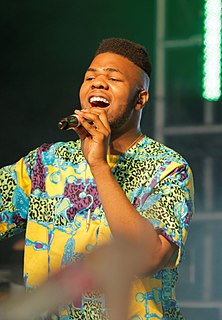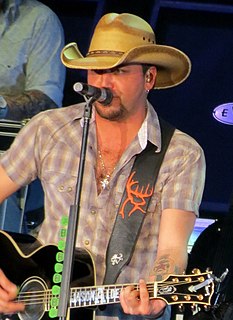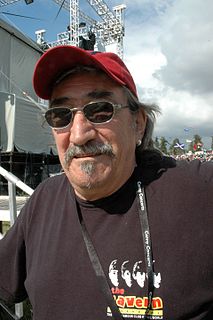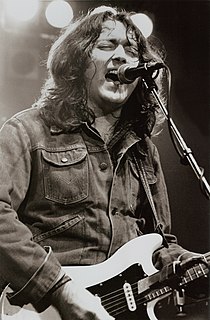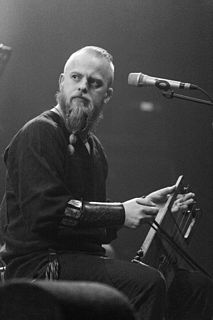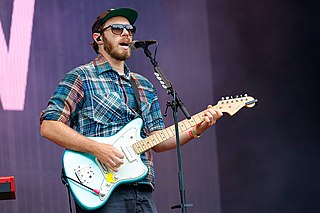A Quote by Dwight Yoakam
Those songs [from church], I think, shaped to some degree how I would evolve as a writer, pentameter of songs, the melodies of those kind of hillbilly hymns - I used to refer to them - because they were not Southern gospel as much as they were passed down from Scottish Welsh Protestant hymnals.
Related Quotes
And I thought about how many people have loved those songs. And how many people got through a lot of bad times because of those songs. And how many people enjoyed good times with those songs. And how much those songs really mean. I think it would be great to have written one of those songs. I bet if I wrote one of them, I would be very proud. I hope the people who wrote those songs are happy. I hope they feel it's enough. I really do because they've made me happy. And I'm only one person.
We enjoyed the fact that we were called to the folk festivals and we got to know Joan Baez, Dylan. We were singing strictly gospel, but then after we started hearing songs that they would sing, we saw that those songs were very fitting for us because they were singing the truth, and truth is gospel.
I always wanted to sing, I always loved to sing. As a child I was singing all the time, and my parents were singing all the time, but not the traditional songs because they were very Christian; the Christian Sámis learnt from the missionaries and the priests that the traditional songs were from the Devil, so they didn't teach them to their children, but they were singing the Christian hymns all the time. So I think I got my musical education in this way. And of course the traditional songs were always under the hymns, because it doesn't just disappear, the traditional way of singing.
I think 'Girlfriend' in particular is definitely one of the songs that is angled towards early 2000s, late '90s, R&B pop and those kinds of songs that were prevalent in that time. I don't think I was conscious of those songs in particular, but I'd say I definitely wanted a song that had that kind of vibe era wise in tone and all the writing.
I used to write songs that mimicked other songs that I would hear as a kid, cos I was 12 years old when I was writing those, right. And you hear a radio so all I'd write about was [sings] "hey girl, look at you", you know what I mean. I think that even doing that made it easier for me to write non-personal songs because, from a kid, I never wrote personal songs, they were always like mimicking. And now I'm just trying to understand my writing and where it's coming from.
My formative years, until I was 12, was all shaped by Jamaican culture, by that economy, by the people in my family, who are agriculturalists, who were plantation workers, who harvested those crops and took them down to the boats run by the United Food Company, to load those ships at night, hence all the songs that I sing that come from that environment.
We call them impact songs, and people buy impact songs. But you just never know what those songs are going to be. One of those songs that really went through the roof for us was 'Big Green Tractor,' which I thought was kind of a fun little ditty song that I never in a million years thought would be as big as it was. But it was.
The first songs I learned were 'It Takes a Worried Man' and Woody Guthrie's 'Grand Coulee Dam,' 'Rock Island Line' - those kind of American folk songs that were probably on the edge of blues. After that was Eddie Cochran and Chuck Berry songs. And then I heard Muddy Waters, Jimmy Reed and Big Bill Broonzy on the radio.
We used to rehearse and that's where the roots of Dream Theater formed. Y'know, we used to play cover songs and jam to [Iron] Maiden and stuff but we were writing songs and it was this metal, loud style and we'd constantly get knocks on our door, because the rehearsal rooms were right next door to each other, and these jazz guys would be like, "Can you guys turn it down a little?"
In my culture we had songs for everything, and that's lost now. There were songs for when people were born, when they died, when they sowed the field, baked bread and they're gone now mostly. I think we need these songs today. One of the reasons people connect to Wardruna in such a personal way is because there is a need for these songs and for that kind of connection to the nameless. Call it nature, god whatever.
I really wanted to get that dynamic on the record onto people and let them know it wasn't just a simple strumming along the guitar type of thing without ramming it down their throats so I kind of went the opposite way and sang some of the songs more quietly which allowed for the louder parts to sound as though there were more. It was the only way singing those songs made sense to me.


